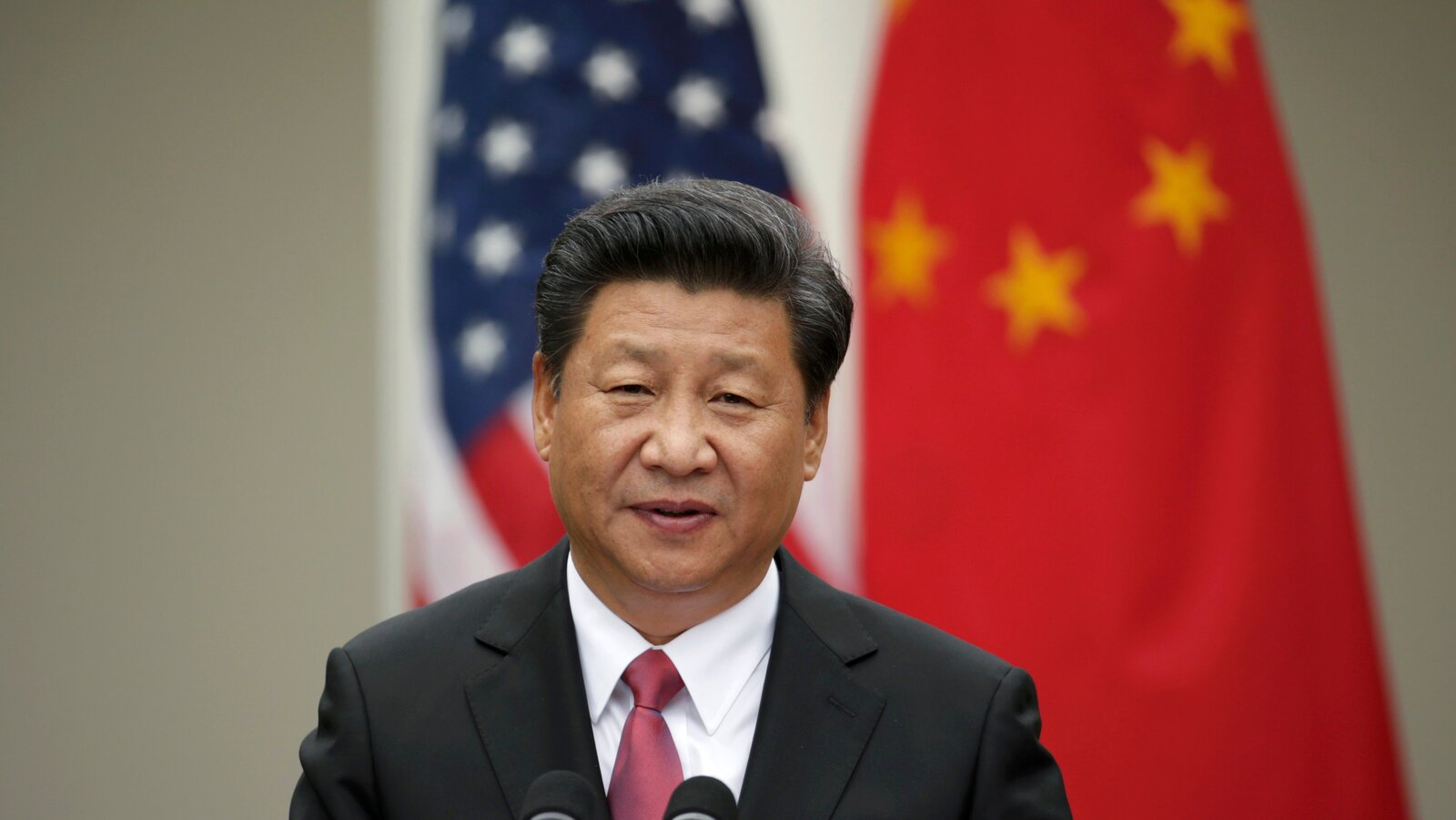Arrest of Chinese National in Germany Sparks Global Concerns Over China’s Expanding Espionage Activities

In a high-profile case that has intensified scrutiny on China’s intelligence efforts abroad, German authorities have arrested a Chinese national, Yaqi X, in Leipzig on charges of espionage. The woman, 38, reportedly worked for a logistics company at Leipzig/Halle Airport—a strategic hub for the German defense industry—and is accused of passing sensitive information about flights, passenger details, and military cargo to a contact in Chinese intelligence.
This arrest has not only raised diplomatic tensions but also reignited international concerns over China’s covert activities worldwide. It comes amid a series of similar incidents in Europe, including the arrest of Jian G, a parliamentary aide in Germany, and a high-profile case in the UK where British intelligence warned lawmakers about the alleged interference of Chinese lawyer Christine Lee. Lee was accused of funneling financial donations to UK politicians on behalf of foreign interests and was publicly labeled an "agent of influence" by MI5. In response, she filed a legal case against the UK’s security services.
China has long been accused of deploying a range of espionage tactics, including the use of "honeytrap" operations to compromise foreign nationals. A leaked report by French intelligence and previous advisories from MI5 have indicated China’s sophisticated methods, involving both technical and human intelligence strategies. In one advisory, MI5 highlighted the potential for bugged hotel rooms in Beijing and Shanghai, cautioning against vulnerabilities that might expose foreign executives and officials to blackmail.
As the latest arrest in Germany creates a diplomatic ripple effect, China has sought to divert global attention by issuing warnings to its citizens abroad, especially those with access to sensitive information, to remain vigilant. In a public notice, China’s state security agency advised students to be cautious of "handsome men" and "beautiful women" who might attempt to lure them into espionage activities on behalf of foreign governments.
Experts assert that these incidents reflect broader policies within the Chinese government, deeply rooted in its history and leadership. Xi Jinping’s government has pursued an assertive agenda to shape global policy to its advantage, from silencing criticisms on human rights to encouraging dependency on China’s trade. For China, intelligence operations serve not only as a tool for gaining a strategic edge internationally but as a means of bolstering its internal security and stability.
As nations around the world become more wary of China’s influence strategies, the international community is closely monitoring Beijing’s moves, reinforcing counterintelligence measures, and assessing the wider implications of these activities on global security.




![From Kathmandu to the World: How Excel Students Are Winning Big [Admission Open]](https://nepalaaja.com/img/70194/medium/excel-college-info-eng-nep-2342.jpg)
